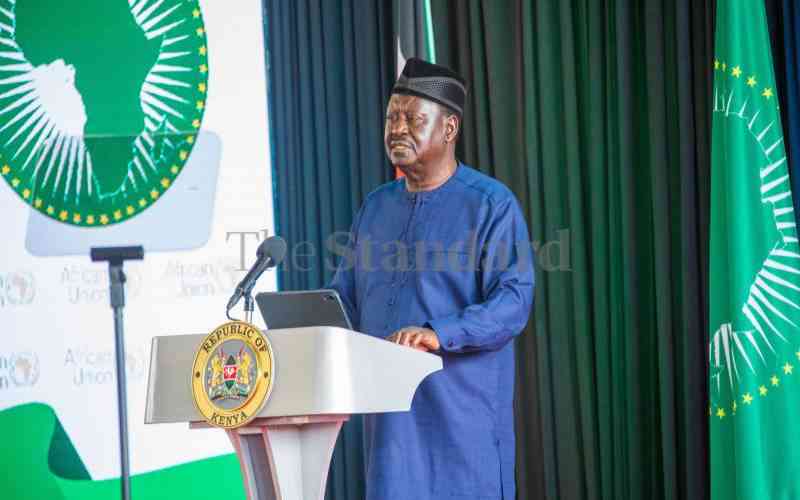×
The Standard e-Paper
Home To Bold Columnists

President Ruto's nomination of Raila Odinga for the African Union Commission (AUC) chairmanship on Tuesday marks the beginning of a complex diplomatic effort within the continent's geopolitics. As a nation, we should unite in offering goodwill and prayers for his success.
However, as individual citizens, that's all we can do; the rest is up to the President to secure the seat. It's important for Kenyans, especially Raila's core supporters, to manage their expectations.